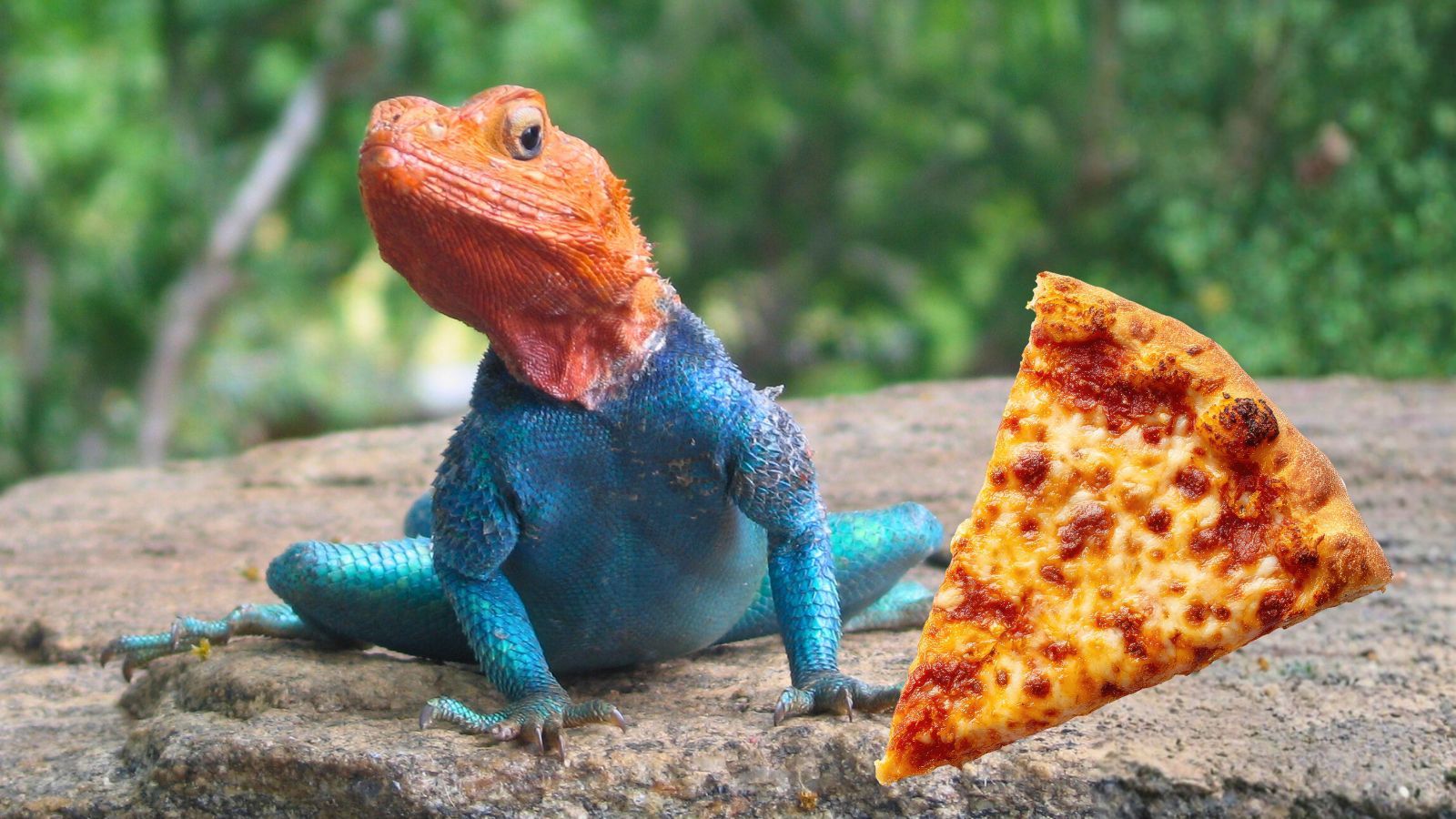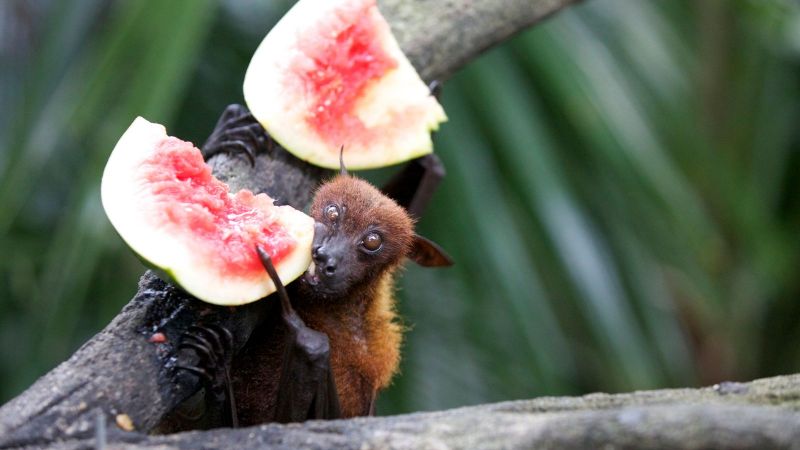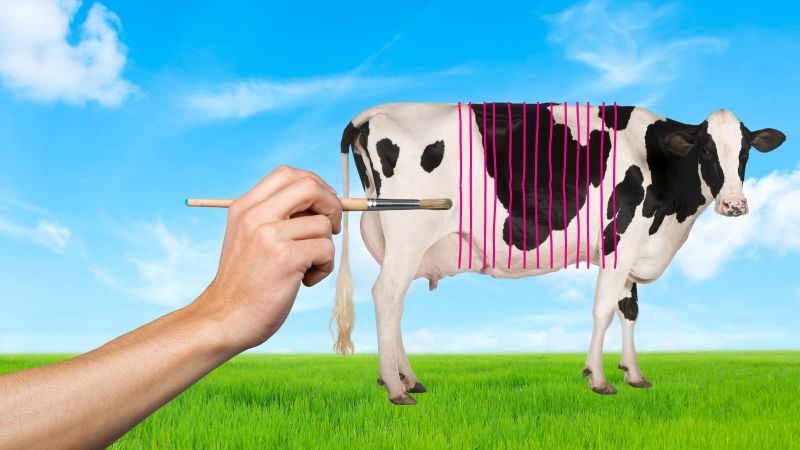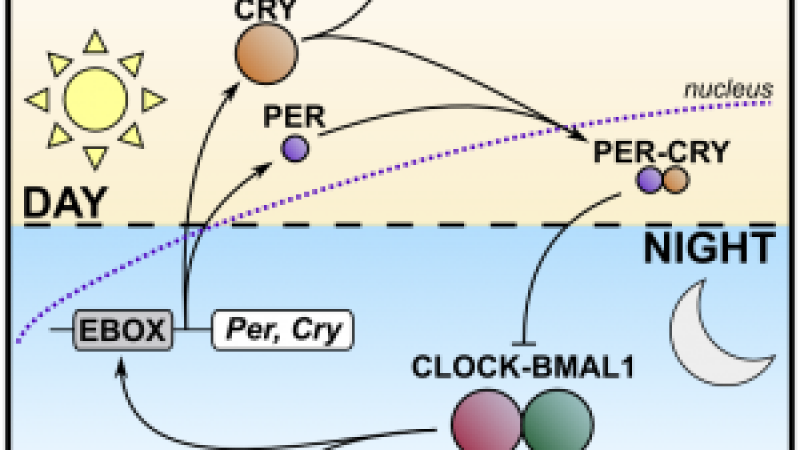
Every year, some very serious scientific awards are given out for not-so-serious and surprising discoveries. The Ig Nobel prizes "honour achievements that first make people laugh, and then make them think".
This year, recipients include a nutrition prize for studying the preferred pizza toppings of rainbow lizards at a seaside resort in Togo. Spoiler alert: it’s the four-cheese topping. Now why does that matter?
Rainbow lizards are among the most common lizard species in urban and suburban areas in West Africa. They are also famous for their capacity to adapt, and – among other things – change their foraging strategy. Understanding their preferences might help us better understand how these animals will learn to live alongside an expanding population of humans.
Seeing an adult male lizard jump up on a table and steal a piece of four-cheese pizza from tourists got scientists thinking. Was this behaviour habitual? Or was it a special type of craving that made the lizard so bold?
Luca Luiselli, an Italian scientist, with colleagues from Togo and Nigeria, presented the lizards with two choices: a four-season pizza, with a varied sample of toppings (mushrooms, olives, ham), closer to their usual insectivorous diet, and a four-cheese pizza. The pizzas were placed on the ground about 10 metres apart and 10 metres from the treeline where lizards had been previously spotted. Within 15 minutes, lizards rushed over to feed and fight over the pizza slices. But only the four-cheese pizza slices. The four-season pizza was completely ignored.
The scientists postulated that specific chemical cues must be attracting the lizard to this particular pizza variety, or that the four-cheese pizza may be providing nutrients that are more easily digested. This is the first study to ever document several rainbow lizards feeding regularly on non-natural, human-made food, and showing a preference for a given type. Researchers will be looking into the consequences that pizza consumption may have on the health of the lizard population, and how human “junk food” might impact the future of the species.
Last edited: 24 November 2025 13:54






